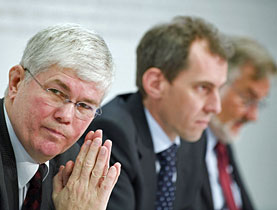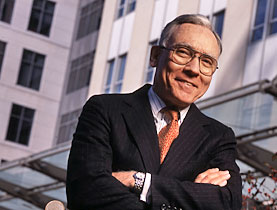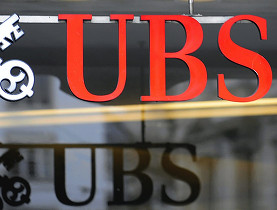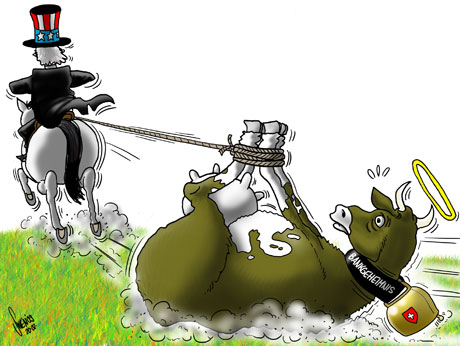Financial regulator defends tough decisions

Switzerland's financial regulator has brushed aside criticism of its performance this year and last and warned that it would take a tougher stance in future.
The newly-created Swiss Financial Market Supervisory Authority (Finma) said on Tuesday it had acted swiftly in international comparison to deal with the financial crisis, but admitted it had missed warning signs.
The regulator incurred public scepticism earlier this year by approving the release of confidential client data from UBS to the United States authorities and by allowing the same bank to hand out SFr2 billion ($1.76 billion) in bonuses despite massive failings.
Last year the body provoked howls of protest from some banks by demanding that they increase the amount of assets (capital requirements) they hold in reserve as a buffer against risky investments.
Presenting Finma’s annual report in Bern, chairman Eugen Haltiner insisted that the regulator was justified in taking action that brought stability rather than short-term friends.
“The benchmark for our decisions is not public opinion. This means making decisions… independently both of the interests of individual supervised institutions… and of emotions and external pressures,” he said.
“Even the release of a limited amount of client data to the US department of Justice in February was solely to defuse an escalating month-long conflict which, if not brought under control, would probably have had catastrophic consequences for the financial system and ultimately the Swiss economy.”
“Swiss finish”
Haltiner added that Finma’s failure to read the warning signs of the financial meltdown and its “impotence” to stave off the immediate consequences “must not be allowed to repeat itself.”
Finma director Patrick Raaflaub said the newly reorganised regulatory body meant business in its dealings with Switzerland’s powerful financial sector. Finma has only been operational in its present form since the beginning of the year when the banking, insurance and money laundering watchdog agencies were brought together under one roof.
Raaflaub warned that regulatory reforms would be even tougher compared with international standards than in the past.
Swiss financial institutions have traditionally faced tougher demands from their own regulators than international competitors with a process known as the “Swiss finish”. In practice this means that Swiss banks have been required to hold 20 per cent more assets in their capital buffer.
Pessimistic view
Finma has already indicated that the bigger Swiss banks in future must hold at least 50 per cent or sometimes even double the international standard of “insurance” against failed investments. This new requirement will be phased in by 2013.
“As a supervisory authority, it is our job to have a pessimistic view of the future, so that we can equip ourselves to handle any negative developments. This also means that in future we will have to be tougher and more critical in our scrutiny of those we supervise,” Raaflaub said.
Failure to act decisively could have devastating consequences for the Swiss financial sector, Raaflaub warned. “Fresh shocks could result in further price falls, and even threaten the solvency of some institutions,” he said.
swissinfo, Matthew Allen in Bern
The Swiss Financial Market Supervisory Authority (Finma) was created on January 1, 2009, following a merger of the Federal Banking Commission, the Anti-Money laundering Control Authority and the Federal Office of Private Insurance.
The body also regulates stock exchanges and securities dealers in Switzerland.
The reorganisation of the separate supervisory bodies was in response to the deepening and ever more complex relationship between the various sectors of the financial community.
Finma currently employs 285 staff and has plans to fill another 50 positions.
Besides regulating the Swiss financial market, Finma is present on about 50 international working groups.
The financial sector contributes around 12% of gross domestic product and employs some 200,000 staff in Switzerland.

In compliance with the JTI standards
More: SWI swissinfo.ch certified by the Journalism Trust Initiative





You can find an overview of ongoing debates with our journalists here. Please join us!
If you want to start a conversation about a topic raised in this article or want to report factual errors, email us at english@swissinfo.ch.